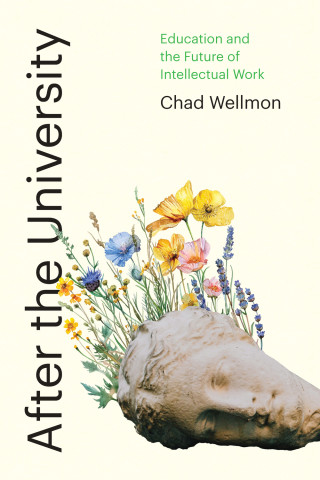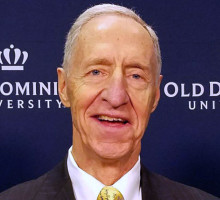
Reviews
[Runaway College Costs] provides the best overview of higher-ed governance issues I have seen anywhere.
Persuasive and well-written, Runaway College Costs makes an interesting and very neglected point: ultimately, it is the trustees of universities who are responsible for the tremendous amount of tuition price inflation of modern times. Koch and Cebula bring a wealth of experience in both scholarship and administration to the topic.
This book persuasively argues that public institutions, especially the flagship campuses, are abandoning their commitment to serve the general public (particularly talented students from low-income families) by charging tuition and fees at levels that are not justified by state funding cuts, increasing the amount of merit-based aid to students based on SAT scores and other desired measures, and adding more out-of-state students at the expense of in-state students. This book should be found on the desks and reading tables of board members, legislators and governors' aides, institutional presidents and executive teams, and faculty leaders. It should also be of great interest and assistance to foundations that support student academic success.
The COVID-19 pandemic has deepened American economic anxiety and disrupted the higher education system, calling into question the value of a degree. Koch and Cebula deliver a timely and impactful charge for those governing public universities, and a roadmap to restore public confidence rooted in an agenda of access, affordability, and economic mobility.
Book Details
Preface
Acknowledgments
Chapter 1. Their Answer Is Always Yes: Higher Education Cost Inflation and Governing Boards
Chapter 2. Governing Boards and Economic Mobility
Chapter 3. Who's in Charge and
Preface
Acknowledgments
Chapter 1. Their Answer Is Always Yes: Higher Education Cost Inflation and Governing Boards
Chapter 2. Governing Boards and Economic Mobility
Chapter 3. Who's in Charge and Does It Make Any Difference?
Chapter 4. Tuition and Fees, Governing Boards, and State Financial Support
Chapter 5. We Can Do Better I: Governing Boards, Legislatures, and Governors
Chapter 6. We Can Do Better II: Looking Inside Our Public Colleges and Universities
Chapter 7. A Proposed Action Agenda for Governing Boards
Notes
Index







